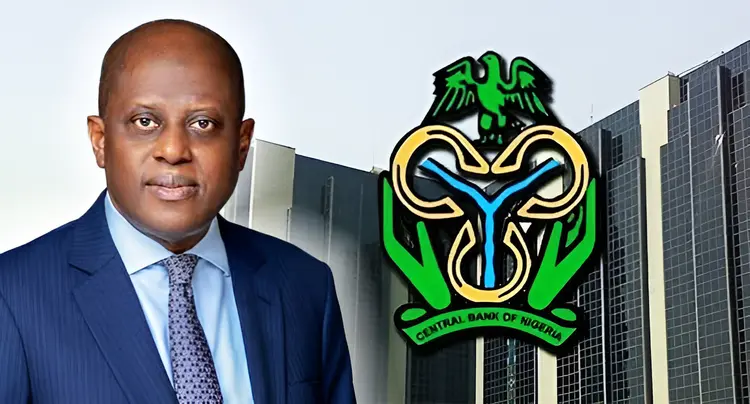The Monetary Policy Committee (MPC) of the Central Bank of Nigeria (CBN) has decided to maintain the country’s benchmark interest rate at 27.50% following its 299th meeting in Abuja.
CBN Governor, Olayemi Cardoso, made the announcement on Thursday, highlighting that the committee unanimously agreed to keep key monetary parameters unchanged as it evaluated the economic outlook for 2025.
The CBN also kept the asymmetric corridor around the MPR at +500/-100 basis points, the Cash Reserve Ratio (CRR) at 50% for Deposit Money Banks and 16% for Merchant Banks, and the Liquidity Ratio at 30%.
This decision marks a pause after six consecutive interest rate hikes in 2024, as the bank continues to manage inflationary pressures, exchange rate fluctuations, and concerns over economic growth.
The MPC noted stability in the foreign exchange market, improvements in external reserves, and a gradual decline in fuel prices as significant factors influencing its decision.
Despite these positive developments, inflation remains a key challenge, with the recently rebased Consumer Price Index (CPI) showing a headline inflation rate of 24.48% in January 2025, down from 34.80% in December 2024.
READ ALSO: SERAP gives CBN 48 hours to reverse ATM fee hike
The committee expressed confidence that food security measures would gradually ease inflationary pressures, particularly those related to food prices.
Governor Cardoso emphasised the importance of continued collaboration between monetary and fiscal authorities to sustain macroeconomic gains, and credited recent foreign exchange measures for stabilising the exchange rate.
The CBN also highlighted a positive trend in oil production, which rose to 1.54 million barrels per day in January 2025, boosting external reserves to $39.4bn as of February 14, 2025.
Nigeria’s GDP grew by 3.46% in Q3 2024, largely driven by the non-oil sector, especially services. The MPC also reassured that Nigeria’s banking sector remains resilient, though it stressed the need for strengthening banking system surveillance, particularly amid ongoing recapitalisation efforts.
Geopolitical risks, including the Russia-Ukraine conflict and trade tariffs imposed by the US, were noted as potential threats to Nigeria’s economic stability.
The committee reaffirmed its commitment to closely monitoring both domestic and global economic developments.
The next policy meeting is scheduled for May 19-20, 2025.



